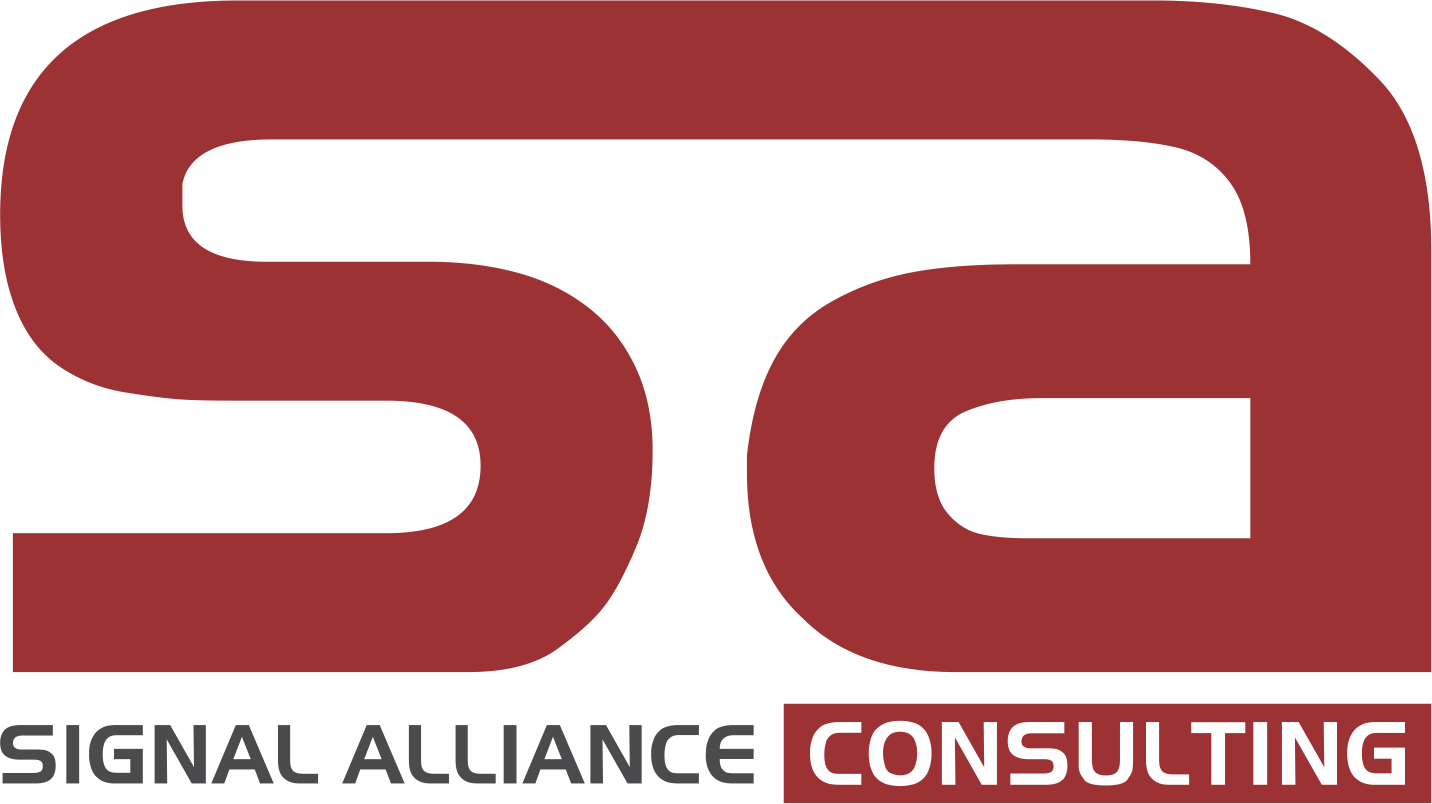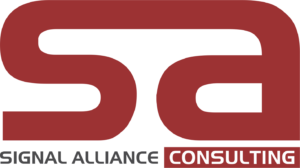As Nigerian enterprises navigate the challenges of digital innovation, the efficiency, scalability, and resilience of IT infrastructure are becoming more critical to business success than ever before. Whether you’re in financial services, energy, telecommunications, or government, an optimized IT environment is a strategic advantage.
Enterprise IT spend continues to increase, with Nigerian organizations putting cloud, cybersecurity, and artificial intelligence solutions at the forefront of their agendas to spearhead business modernization and competitive expansion. According to IDC, the majority of local organizations still struggle with fragmented systems, rising infrastructure costs, and intensifying security threats.
How then do enterprise decision-makers consolidate IT infrastructure in a way that improves business outcomes, reduces complexity, and drives innovation?
Below are eight actionable strategies for Nigerian business environments:
1. Adopt Managed IT Services to Streamline Operations
With limited availability of skilled IT staff and increasing workloads in operations, more Nigerian companies are seeking to outsource their IT needs to handle the heavy lifting. Whether it’s infrastructure monitoring, network management, or incident response, outsourcing IT operations provides:
– 24/7 system uptime and proactive issue resolution
– Cost savings with reduced downtime and optimized operations
– Cloud, security, and application expertise
– IT service scalability with changing needs
2. Create a Cyber-Resilient IT Environment
Cyber threats are no longer theoretical; they’re a daily fact of life for Nigerian organizations. With ransomware on the rise, phishing, and insider threats, there’s a requirement for forward-thinking cybersecurity infrastructure. Some of the key measures include:
– Deploying enterprise-grade firewalls and intrusion detection systems
– Multi-factor authentication (MFA) and identity access management (IAM) enforcement
– Regular vulnerability scanning and patching
– Security awareness training for all employees
Explore a Cybersecurity Framework Assessment.
3. Shift to the Cloud for Flexibility and Scalability
Cloud appropriation has expanded in Nigerian organizations because of its scalability, cost-effectiveness, and adaptability. Benefits of cloud migration include:
– Scalability of compute resources and storage as needed
– Reduced CapEx and predictable OpEx cost models
– Enhanced collaboration with cloud-based productivity tools
– In-built redundancy and disaster recovery
4. Inject AI and Automation into Core Operations
AI-driven tools like Microsoft Copilot and Azure AI are helping Nigerian businesses automate processes, gain insights, and facilitate faster decision-making. Example use cases include:
– Predictive maintenance in manufacturing and energy
– Automation of compliance reporting in financial services
– AI-powered chatbots for customer service
– Intelligent document processing for finance and HR
Embed AI throughout the IT ecosystem reduces human error, accelerates mundane tasks, and frees up teams for higher-value work. Request a Copilot Demo.
5. Modernize Infrastructure for Hybrid and Remote Work
With Nigerian organizations adopting more flexible work models, the IT infrastructure must provide secure access to systems and data—anytime, anywhere. Some of the enablers are:
– Cloud-based collaboration platforms (e.g. Microsoft Teams, SharePoint)
– Endpoint protection and centralized IT policies
– Automated IT support and helpdesk systems
Remote-ready infrastructure not only enables employee productivity but also opens up new possibilities for workforce growth.
6. Perform Periodic Infrastructure Assessments and Map to Business Goals
Technology should serve strategy—not the other way around. Regular IT assessments help organizations:
– Identify performance bottlenecks and security risks
– Map infrastructure investment to shifting business priorities
– Budget effectively for IT investment
– Gauge performance by benchmarking against industry standards
A strategic IT roadmap enables long-term digital maturity ahead of reactionary spend.
Get an Infrastructure Lifecycle Assessment.
7. Optimize Costs without Compromising Performance
In Nigeria’s inflationary economy, IT leaders must balance innovation with fiscal prudence. Strategies include:
– Consolidating legacy systems to reduce technical debt
– Leveraging SaaS and subscription models
– Renegotiating and re-scoping vendor contracts
– Prioritizing scalable solutions with provable ROI
Intelligent cost optimization frees up resources for strategic initiatives and futureproofing.
8. Ensure Business Continuity and Disaster Preparedness
Disruptions from cyberattacks to power outages are unpleasant reality. Nigerian businesses must prepare themselves with:
– Automated data backups (on-premises and cloud)
– Disaster recovery-as-a-service (DRaaS) solutions
– Redundancy in mission-critical systems
– Crisis communications processes and playbooks
Business continuity is a board-level concern that ensures resilience and stakeholder trust.
Final Thoughts
For Nigeria-based businesses looking to thrive in a digital-first economy, optimization of IT infrastructure is a business imperative. By leveraging the appropriate combination of managed services, cloud adoption, cybersecurity, AI adoption, and strategic consulting, organizations can attain new levels of efficiency, scalability, and innovation.


